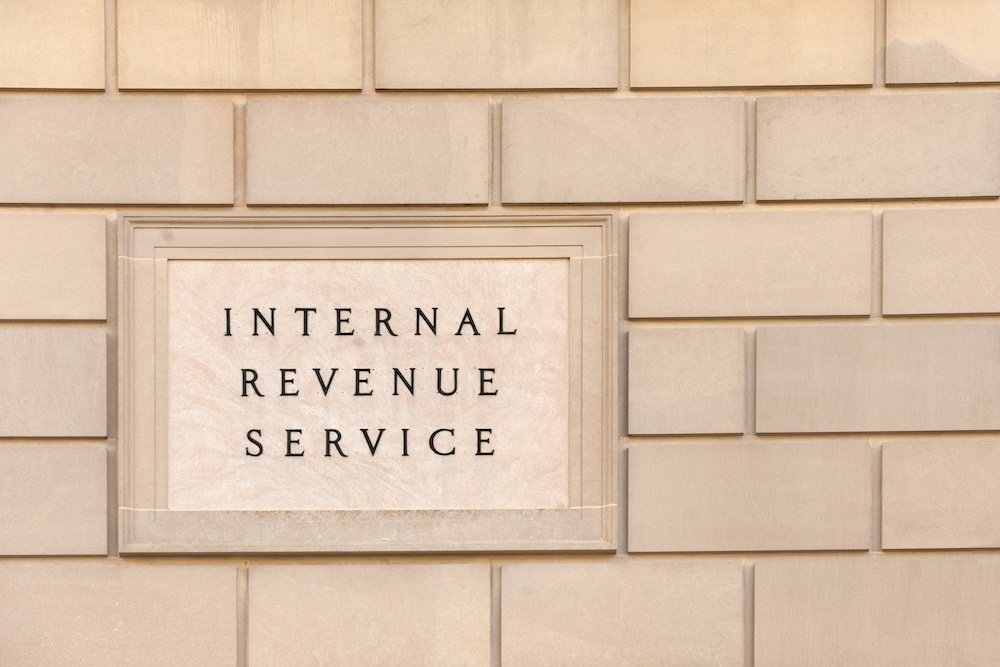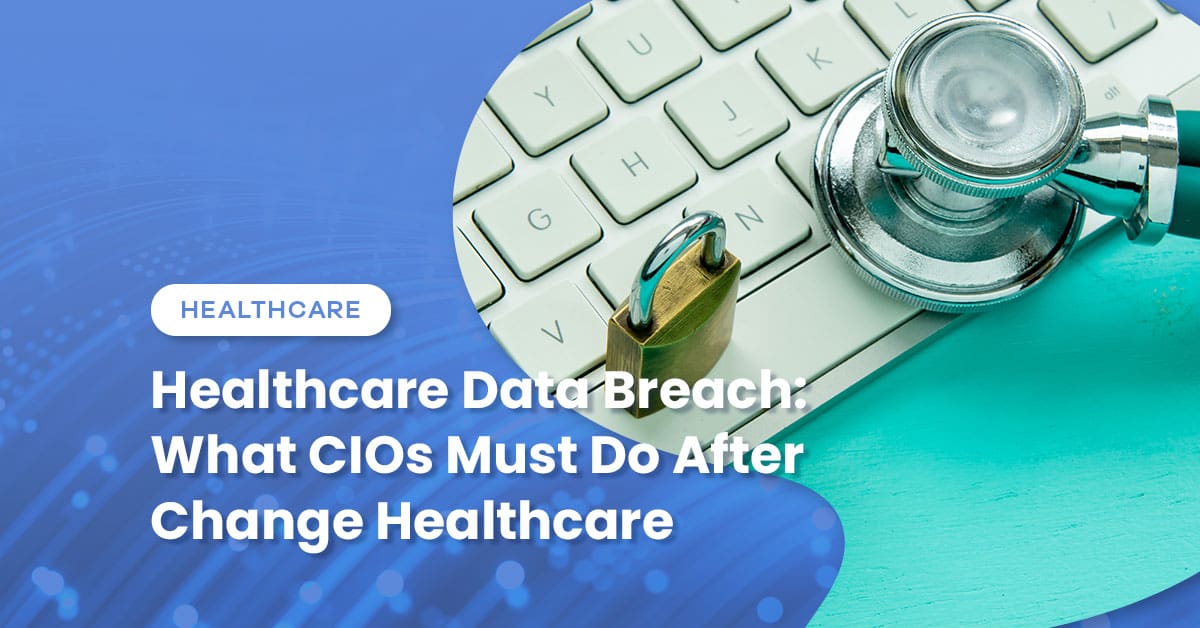Cash flow is the lifeblood of your business. During this (or any) time of crisis, it is imperative to keep an eye on your cash flow and regularly monitor your cash position. Instituting effective cash flow management may be the most important action you can take to navigate through challenging times.
The Wiss team has put together this list of recommendations to help monitor your progress:
Monitor your cash flow regularly
With the advancement of accounting software, it is easier than ever to produce accurate and reliable financial statements and reports. As a small- to medium-sized business owner, you may already review your income statement to see that the bottom line is trending positively. You should also be keeping an eye on your cash flow. We recommend a weekly or monthly cash flow forecast to monitor your company’s overall liquidity position. Understanding the nature, timing, and amount of cash inflows and outflows is critical to projecting your liquidity position and maintaining healthy cash reserves.
Establish Triggers and Bench-Marking
No one knows and understands your business better than you do. After you have a handle on the cash inflows and outflows of your business, we recommend establishing triggers and benchmarks, that when breached, require quick attention and action. Develop your game plan now.
Cash Flow Team
Consider establishing a team with key people from across the organization to meet at least weekly, if not daily, to assess the company’s progress in managing cash. Key stakeholders may include line-level business supervisors from the accounting, finance, HR, operations, and supply chain departments who have visibility and insight into what is happening on the ground. It is essential these individuals work cohesively to provide the most up-to-date information so the committee can make effective strategic decisions. Send a company-wide communication informing the organization that the company has activated the “cash-flow management team” and all communications and major decisions will be communicated by and through this group.
Make Sure You Have Enough Credit Available
During times like this, it is possible for credit and liquidity sources to dry up and even evaporate. Work expeditiously with your bank. The line of credit may be your lifeline during a crisis, and you do not want to be stuck applying for a loan when it is too late. We recommend you regularly test your line of credit, to ensure that the financial institution did not unexpectedly close the line. Wiss routinely works with clients to complete lender due diligence requests, and we work with a group of business bankers to obtain affordable and reliable loans for our clients.
Cut Costs
Review your monthly, quarterly, semi-annual and annual recurring payments and see where you are able to cut costs. Pay close attention to those vendors who are paid by credit or debit card. You may be paying for services and products that you no longer use, or no longer meet the needs of your organization. This is as good a time as ever to eliminate the unnecessary overhead.
Cash in on assets
Excess inventory on hand? Equipment you no longer use? Consider discounting your products in order to sell them faster and convert to cash quicker. Selling equipment you no longer use is another option to bring in some cash.
CAPEX and Major Investments
You should delay any major purchases or business investments until your business and the economy are on more solid ground. If you have an immediate equipment need, considering leasing as an alternative. Lease payments are still tax deductible as a business expense, and it allows the freedom you need to procure the necessary equipment, without locking yourself into a long term financing situation.
Payment Solutions and Customers Convenience
One of the most important cash flow management techniques is to stay on top of invoicing customers. It may also be worthwhile to implement electronic or mobile payment solutions. Your customers may appreciate this option and you are likely to be paid faster. Other options are to speed up payments by offering deals and discounts or ask for a deposit or partial payments on large orders or long-term contracts.
Vendor Management and the Accounts Payable Cycle
Another viable solution is to delay payment to your vendors when possible, and to obtain a business credit card to provide an additional cushion to your cash-flow. In many cases, vendors are willing to work with their long-term customers to provide more flexible repayment terms. You should work with your vendors and take advantage of longer repayment terms if available.
We are all feeling the stress of this current crisis and wave of uncertainty that may continue to put strain on our businesses for some months to come. Wiss and the CFO Advisory practice is here to help you put together a game plan to ensure you are prepared to deal with any scenarios that arise.

 Previous
Previous






